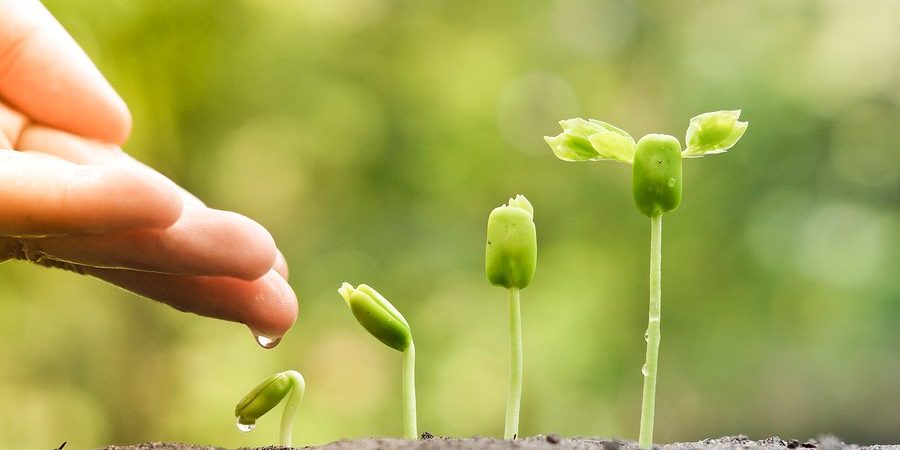Continuous improvement (CI) is not about tools, techniques and projects applied as a formula, it’s about principles and behaviours. The tools and methods of CI themselves, whilst important, too often become the goal itself, rather than the means, leading to a disconnection from the original (higher) purpose and hence fragmentation and disillusionment. Consequently CI, under whatever label, is considered to be “just another programme” and fails to take root.
Sustainable* continuous improvement is enabled by a culture of setting standards (for all processes), exposing problems, raising issues to management, being curious, learning through failure and empowering front-line staff to improve using the scientific method. It is built on the foundations of respect, humility and trust referred to in my previous blog, where organisations benefit from more engaged and energized people. We can think of such principles and the organisation culture as the soil in which we can grow our continuous improvement system, and the people needed to drive it. The role of leadership is to nurture and encourage that talent: CI is about achieving better outcomes through better people. This is not established overnight or through manipulation… as Stephen Covey put it “Quick fixes won’t work on a farm”.
One of the principles key to continuous improvement is ‘focus on process’. The right process delivers the right results, and a genuine focus on process means working to manage the process inputs, developing the best standards, making abnormal conditions visible and enabling true root cause analysis for any issues rather than blame, i.e. asking “why?” rather than “who?”. The consequences of focus on process are less waste, consistent performance, and an ability to improve. The consequences of focusing on results only (especially by leaders) are that the process is considered secondary, and therefore the standards will not be respected and results are unsustainable.
Change is an ‘inside-out’ process, and a new way of thinking can only be learned by doing. Therefore leaders need to develop ‘focus on process’ behaviours and mindsets for themselves first, including their own daily standards and routines, and then subsequently for others. If focus on process is combined with respect, humility and other guiding principles then we can cultivate true continuous improvement and accelerate our progress towards sustainable excellence.
*Sustain v.tr: support, encourage, give nourishment to (Concise Oxford Dictionary)
[button link=”https://www.catalystconsulting.co.uk/lean-six-sigma-training/training-programme/lean-six-sigma-green-belt-training/” color=”purple”]Find out more[/button]









